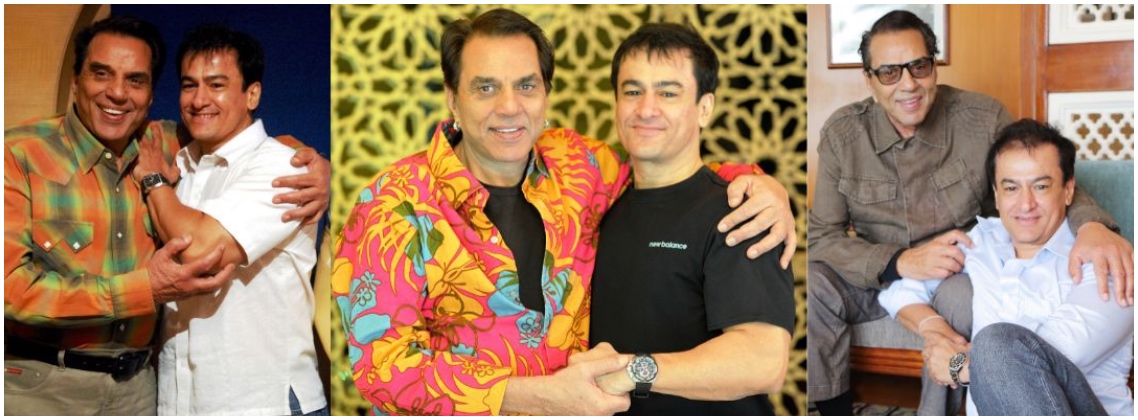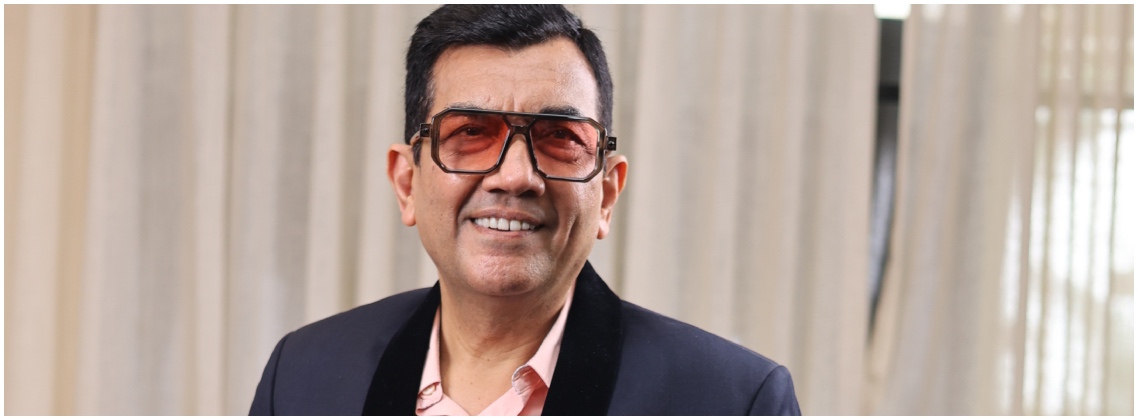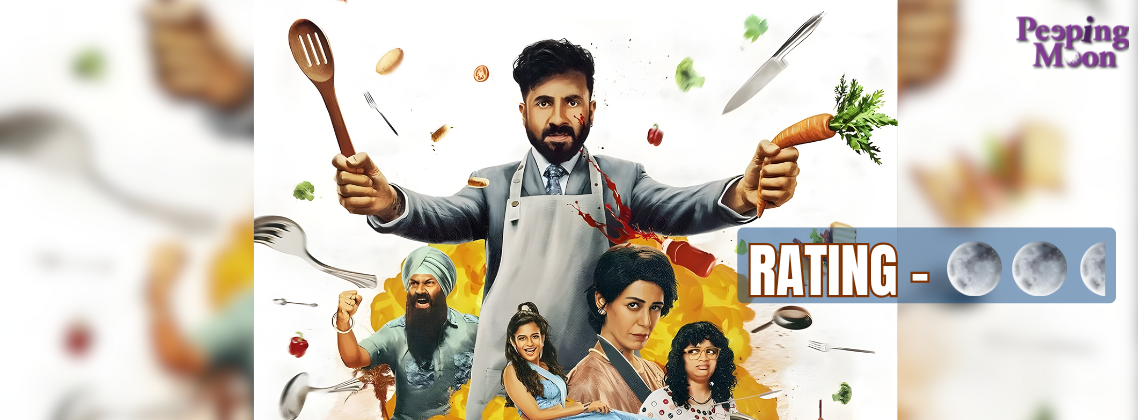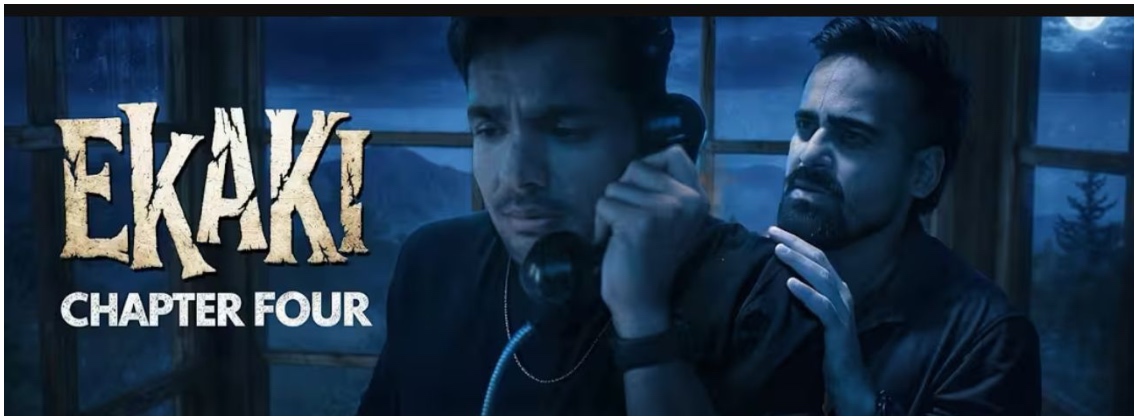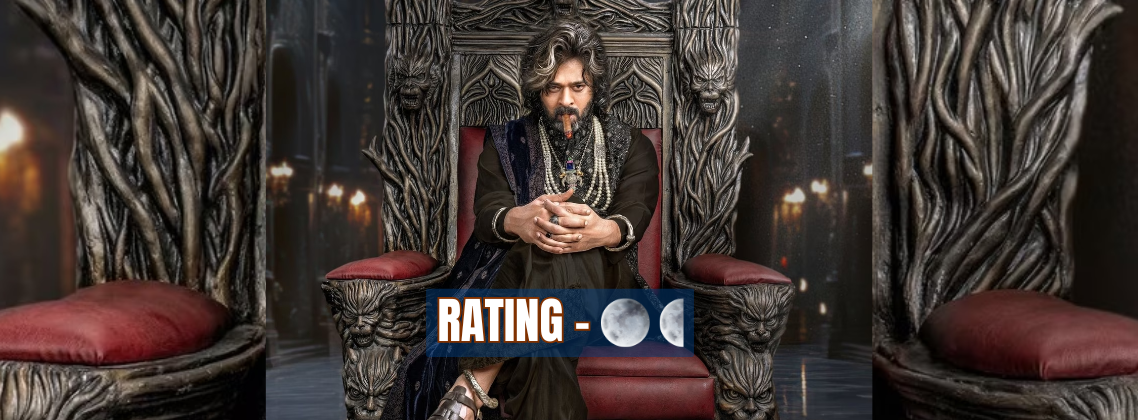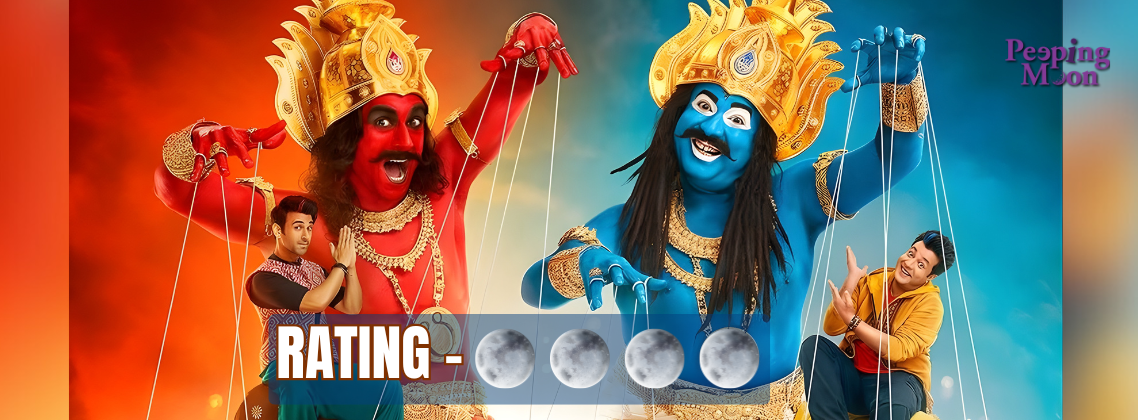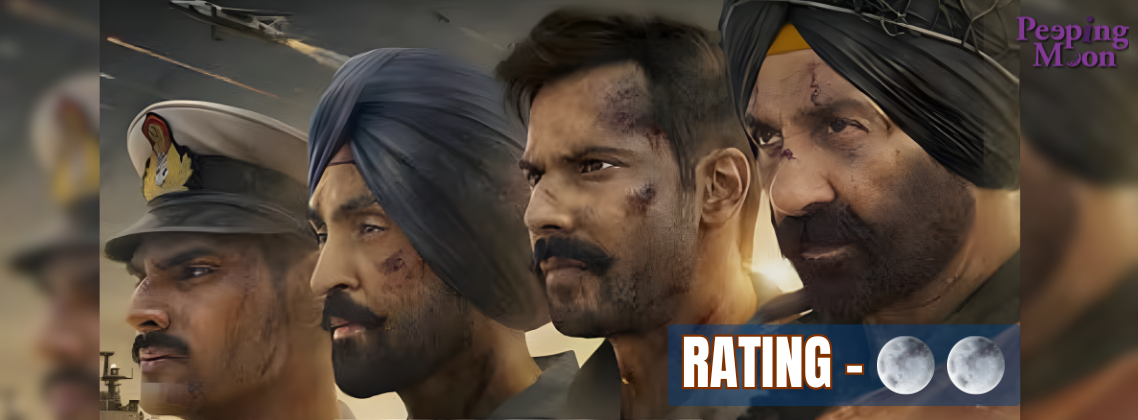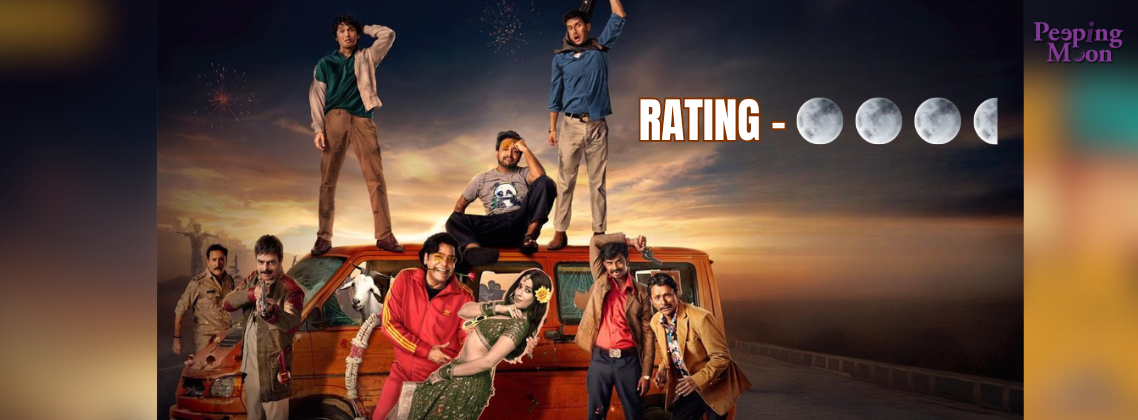In the early 2000s, Eijaz Khan was television's blue-eyed boy. A Balaji Telefilms favourite, Eijaz featured as the lead in almost every alternate show produced by Ekta Kapoor's production house. He effortlessly balanced television and films in his youth. However, one of the most popular actors of that generation went missing all of a sudden. In PeepingMoon's special segment, Let's Talk Season 2, Eijaz opened up about the reason behind staying away from the limelight after basking in fame by putting in years of hard work.
Eijaz told, "Before I gave up my stint in Balaji Telefilms, I signed a contract with PNC (Pritish Nandy Communications) and I shot for a film titled Mirabai Not Out. It was a beautiful experience. Before that released, I shot for a film with an award-winning editor, who directed that film. I was waiting for Mirabai Not Out to release, but, unfortunately, the Indian cricket team got kicked out of the World Cup and the release was held as the film was based on Mandira Bedi's character, who was called Mira for dedicating her life to Anil Kumble. I waited for years. Dharmesh Darshan then called me for Bhanvraa. I was playing the lead in that film. I shot for Bhanvraa with him for almost 8 months. I waited for its release, but didn't. I finished shooting for Bhanvraa 10 years ago, I was disillusioned."

He added, "I don't think at that time there was a clear line drawn between television actors and film actors. OTT has worked wonders for good actors. People would say (for TV actors), "Free mein dekhte hai, Rs 200 deke kaun dekhega?", "Overexposed hai," etc. But I really worked hard in my films. I worked hard on deconstructing myself, working on a new language with directors and when they didn't release, I was disillusioned."
Eijaz further shared, "My personal life and relationships took a toll on me. I got out of a relationship, was waiting for the films to release and was picking up television jobs that could pay my bills and not necessarily take my career forward. I was lucky that I had friends in the industry who could cater to that need. Finally, when Tanu Weds Manu happened, I couldn't be a part of the promotions because of another challenging aspect of my life. I was with somebody and that person turned against me. My whole life came crashing down because I thought nice guys don't finish last. I realised the judicial system is kind of biased. I don't want to say biased because I understand why laws are like that. But it worked against me. I wanted to take a backseat and rethink. That process went on and on and I realised whatever I am feeling, I need to feel that authentically. If not, it would have been reflected in my work. That's when the painful evolution started."
Watch the entire interview here:
(Source: YouTube)

.jpg)

